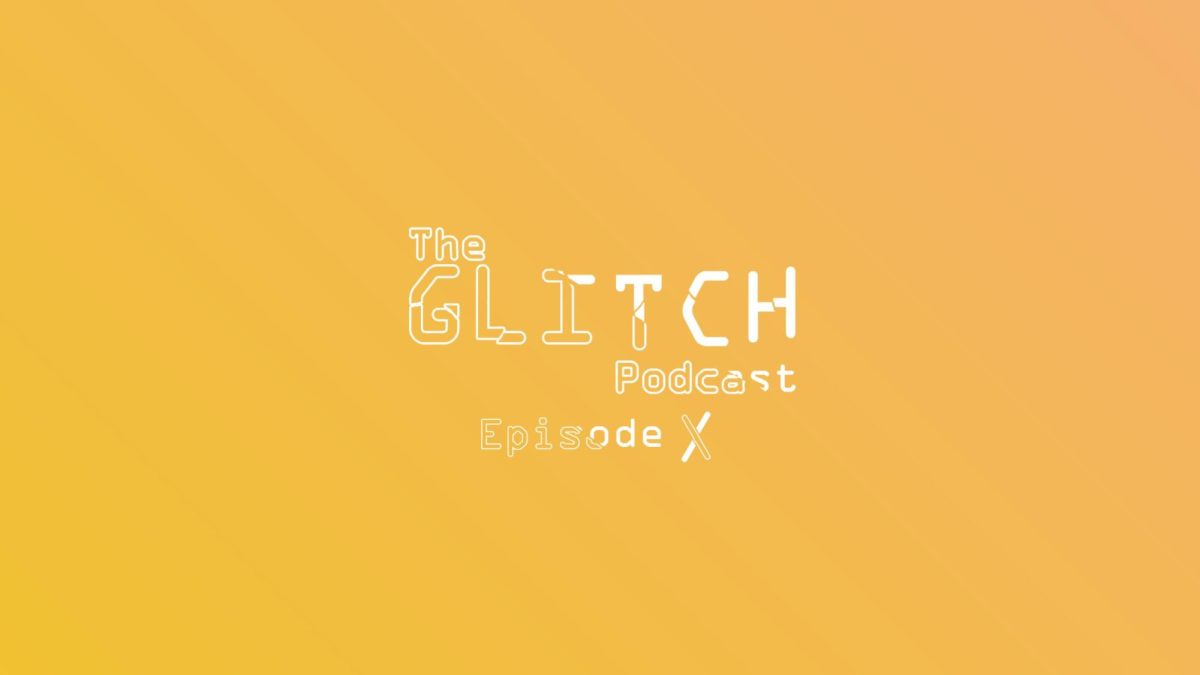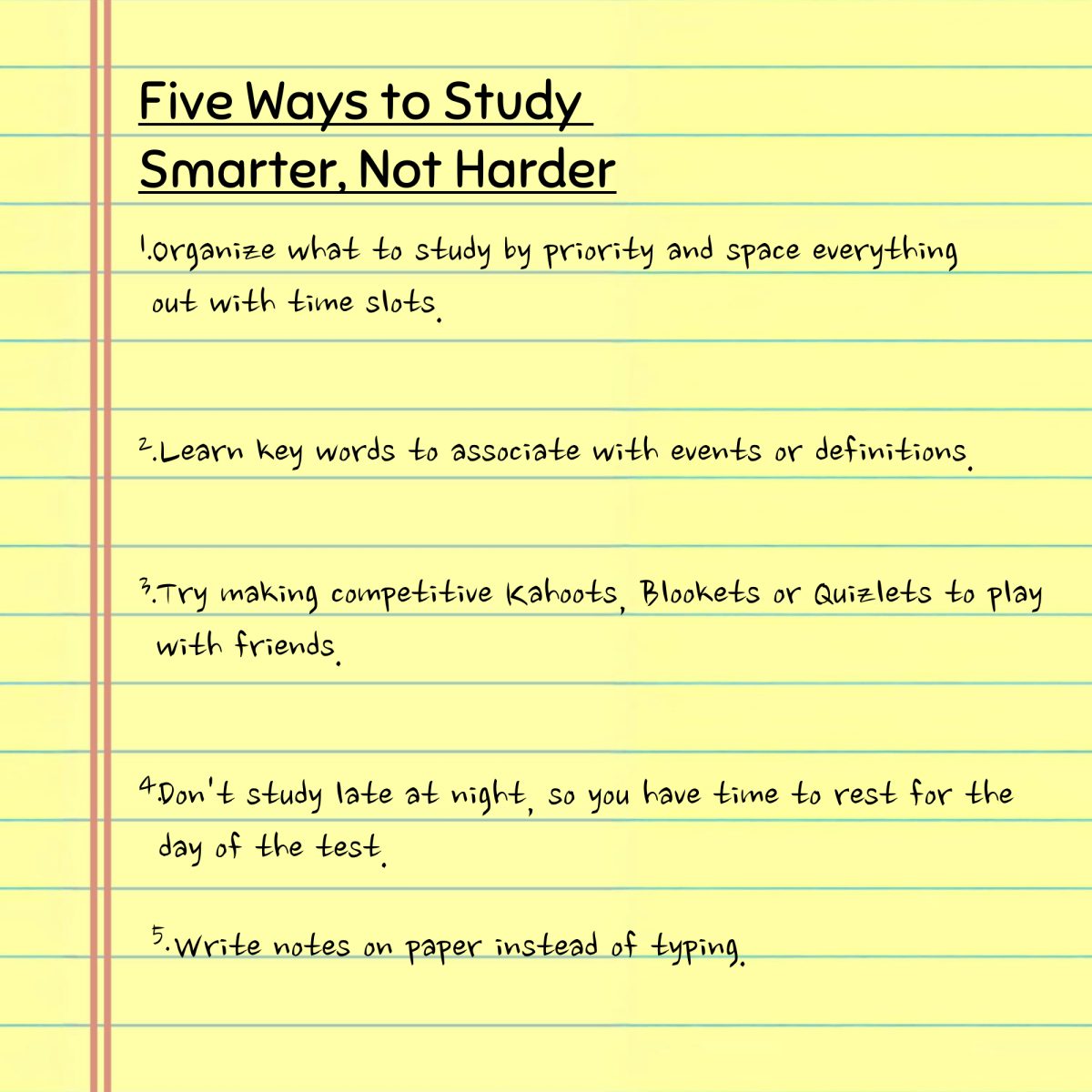Finals started Dec.16, which means students have a few days to ensure their semester grades are where they want them to be before the break. Teachers will hand out any last unit tests and study materials for finals, but it’s a student’s responsibility to ensure they are prepared.
Here are five tips to make sure you’re prepared to take your next test:
Organize what to study by priority and space everything out with time slots
By giving yourself a schedule to study, students can plan brain breaks and ensure they have enough time for every class. According to the Northlake Behavioral Health System, being organized helps optimize study time and allows you to set goals for how much you wish to achieve. If you don’t reach your goal in the time you gave yourself, it could be a sign you need to try something new.
Learn keywords to associate with events or definitions
According to the Savvas Learning Company, studying words allows for fast recognition of texts. This is especially important in learning new languages, like if a student takes a second language because they can recognize what a question is asking and what answers mean.
Try making competitive Kahoots, Blookets or Quizlets to play with friends
Playing competitive games that make you answer questions works as a study guide that you can do with friends. The competition motivates them to win and memorize the material. Making accounts on Kahoot, Quizlet and Blooket are free, although students can upgrade accounts for subscriptions, which will get them exclusive tools.
Don’t study late at night, so you have time to rest for the day of the test
According to Ivy Wise, you don’t retain information when you aren’t getting adequate rest. This is because you don’t go through the sleep stage known as rapid eye movement (REM). Furthermore, it will cause you to be groggy in the morning and have a harder time focusing.
Write notes on paper instead of typing them
According to the National Library of Medicine, the feeling of writing with a pencil or pen relates to understanding words and material. In addition, writing with a digital pen rather than typing notes is still a more effective way of learning.

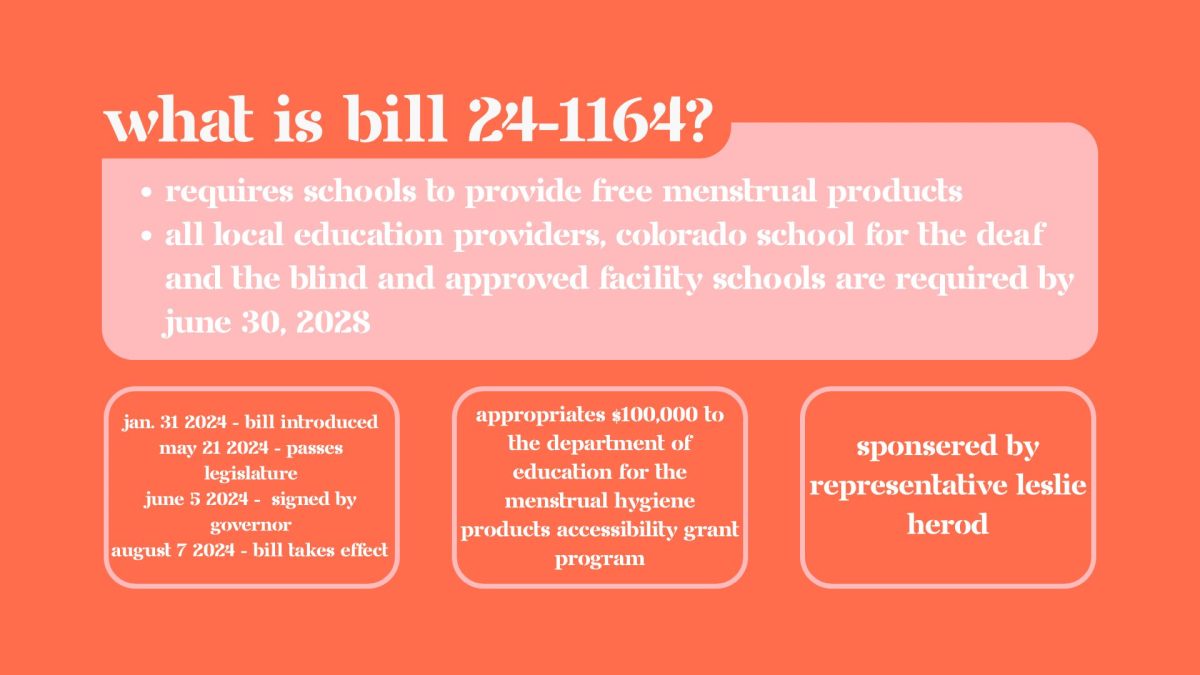

![Minutes before the Activities Fair in the gym, president Abhi Gowda ‘26 prepares the stall for his club Helping Hands, Sept. 4. A relatively new club, Helping Hands was co-started by Gowda and focuses on assisting the homeless, and just last year they succeeded in raising a couple hundred donations to send to shelters. This year, they have goals to expand, with hopes to increase volunteer opportunities and take in-person trips to shelters, as well as extend their help beyond just homeless people. “The Activities Fair gives a lot of underclassmen the opportunity to really get to know the Canyon culture, and it gives them many opportunities for service and volunteering,” Gowda said. “[Through the Activities Fair,] I hope to find a bunch of new and passionate members about our club and just get our name out there and spread awareness to the cause that we’re fighting for.”](https://rockmediaonline.org/wp-content/uploads/2025/09/1-2-1200x885.jpg)


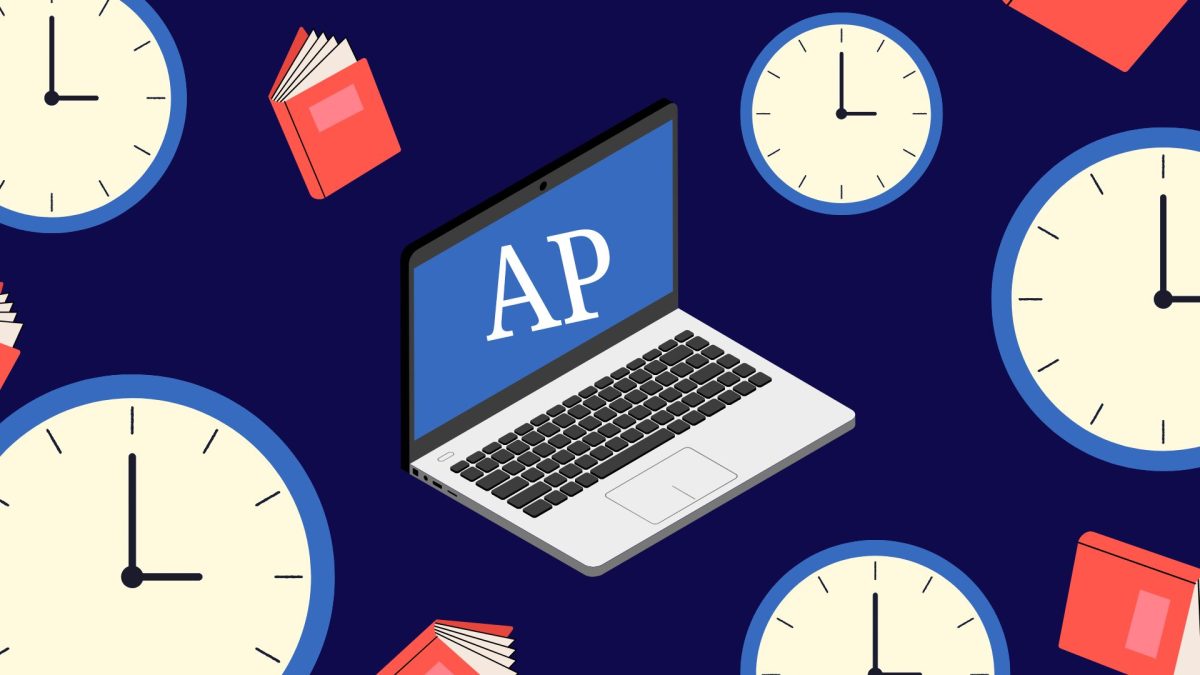




![The winter guard team makes fifth place at the state championship finals in the Denver Coliseum, March 30. The team performed to Barnes Country's “Glitter and Gold,” lead by coaches Margo Sanford, Blair Bickerton and Anna Orgren. In their class there were a total of nine groups participating, and the top five who made it to finals received a plaque. “[Walking onto the stage] is very nerve-wracking, but also very exciting as well. When you first start color guard there's a lot of anxiety and uncertainty when you first perform in front of an audience, but once you've done it for a while, it starts to become the best part of the season,” Ella West ‘25 said. “It's very fulfilling to see an audience react to something you've put your heart and soul into.”](https://rockmediaonline.org/wp-content/uploads/2025/04/Both-socal-media-nd-website-main-1-1200x846.jpg)
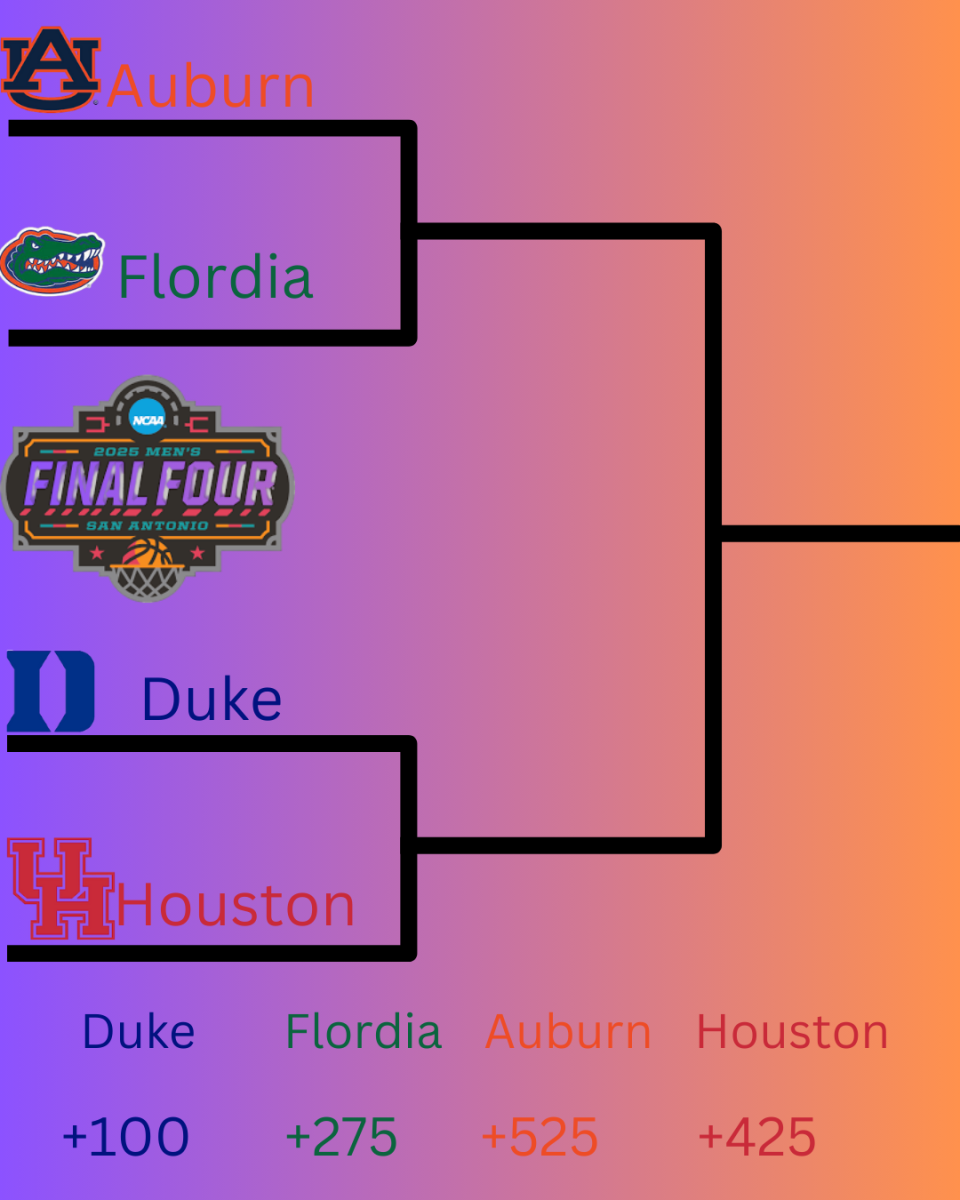

![April marks the 25th anniversary of Sexual Assault Awareness Month, created by the National Sexual Violence Resource Center (NSVRC). This month is to spread awareness of the harassment, assault and abuse that happens around the world. The symbol that represented the month was a teal ribbon; however, some survivors of assault create different symbols and movements like the TikTok trend in 2022, where survivors would tattoo Medusa on their body, in honor of her backstory in Greek Mythology. “I don't think [this month is known] at all. I rarely see anybody talk about it. I rarely see much of an emphasis on posting it online, or much discussion about it, and I feel like there needs to be way more discussion,” an anonymous source said. “I think just validating every experience that a person has gone through, regardless of the degree of it, the severity, is an essential step into making sure that people are aware that this is a very real problem in a society and that we need to do better in addressing it.”](https://rockmediaonline.org/wp-content/uploads/2025/04/IMG_0011-1200x900.jpg)



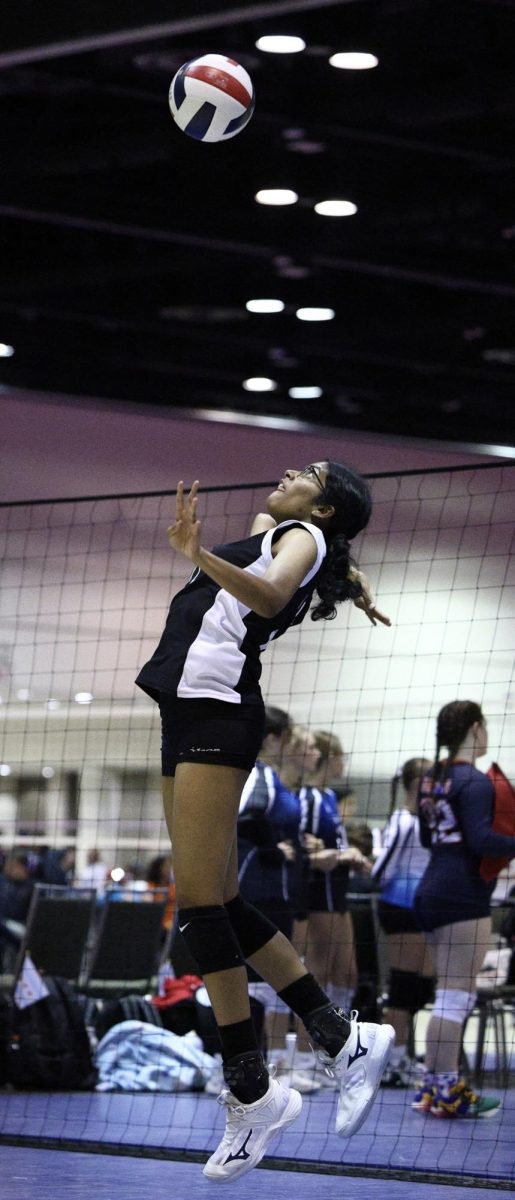


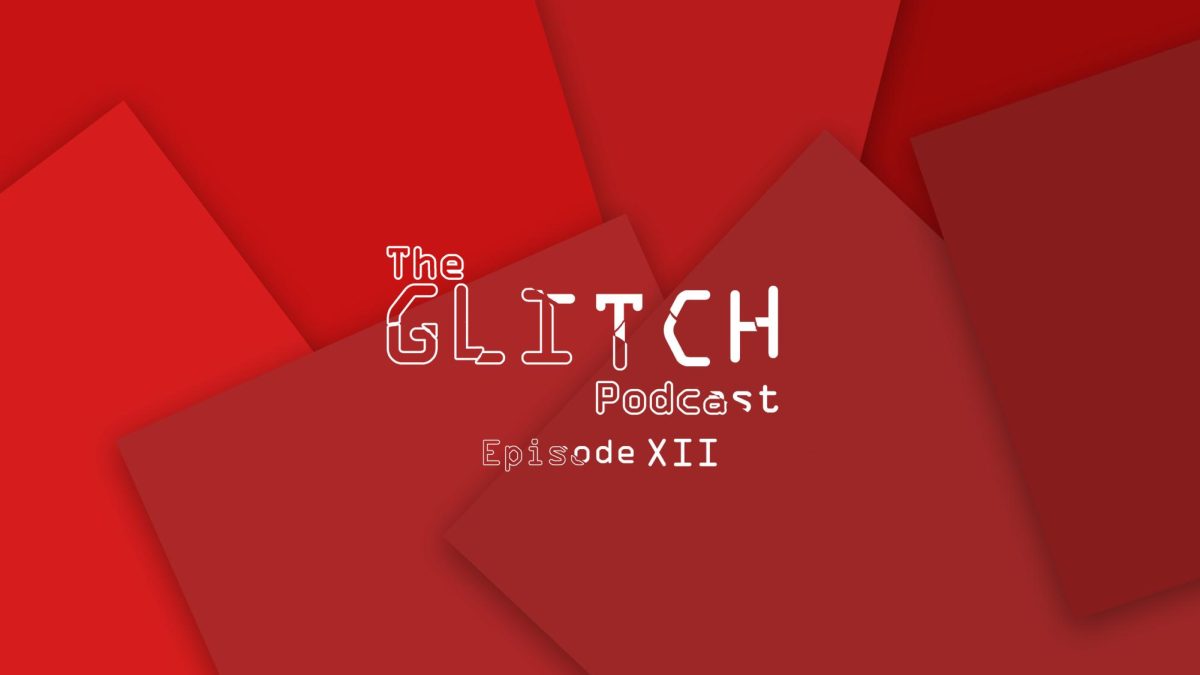
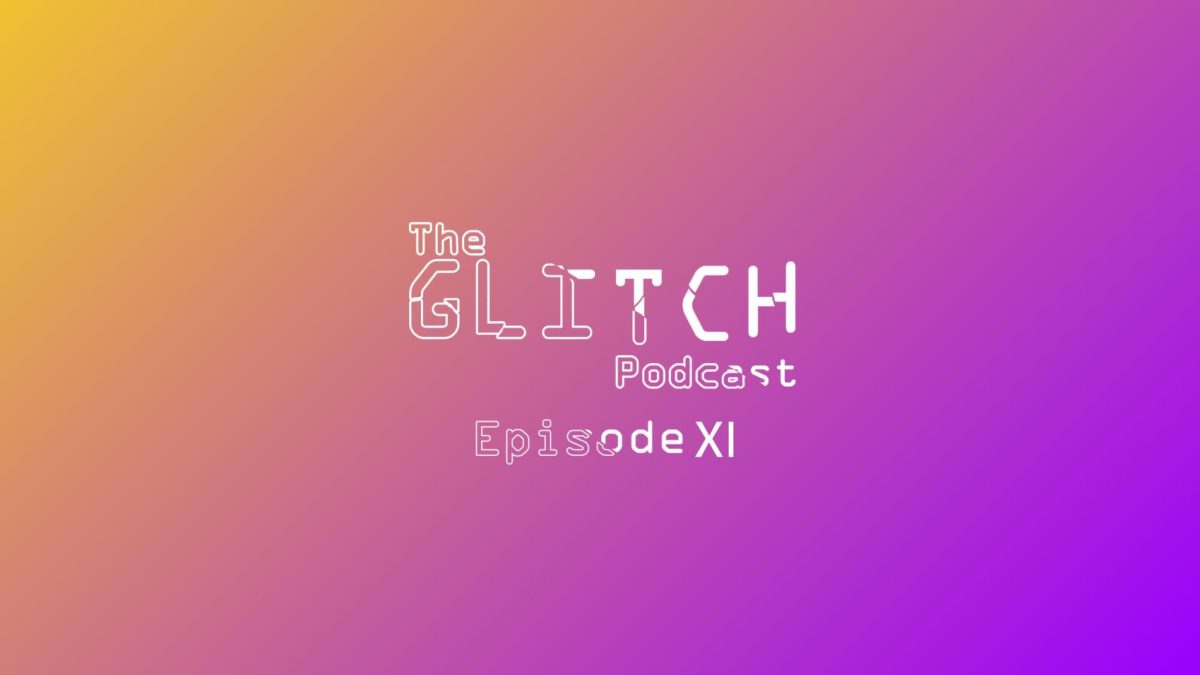
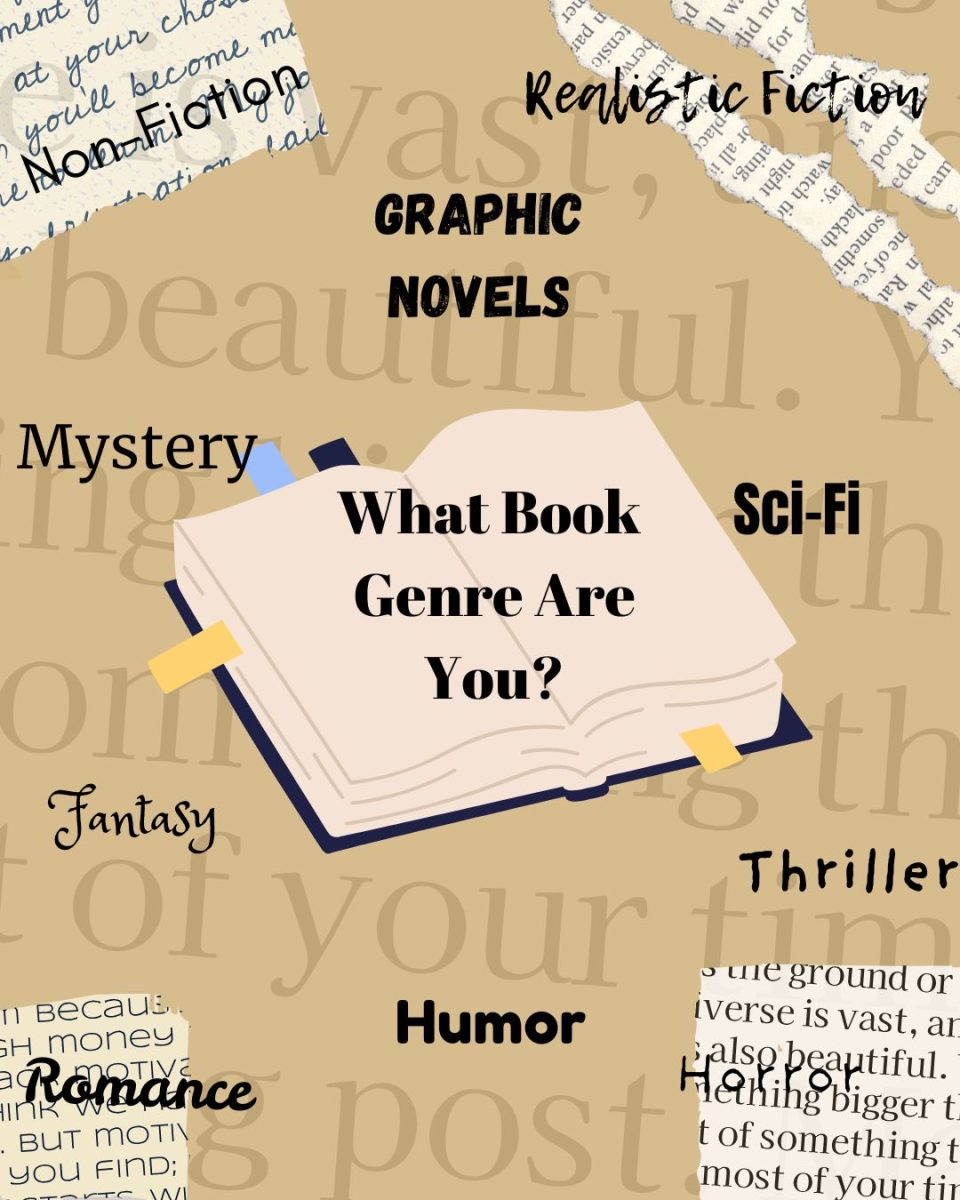




![Lesbian Visibility Day is April 26, and it’s a holiday to celebrate the lesbian community of the world. Lesbian Visibility day was established in 2008 by many queer activists and organizations who sought to raise more awareness for lesbian history and culture. “So this is why during Lesbian Visibility [Day] we celebrate and center all lesbians, both cis and trans, while also showing solidarity with all LGBTQ+ women and nonbinary people,” Linda Reily, in an article written by her, said.](https://rockmediaonline.org/wp-content/uploads/2025/04/Lesbian-Visibility-day.jpeg)



